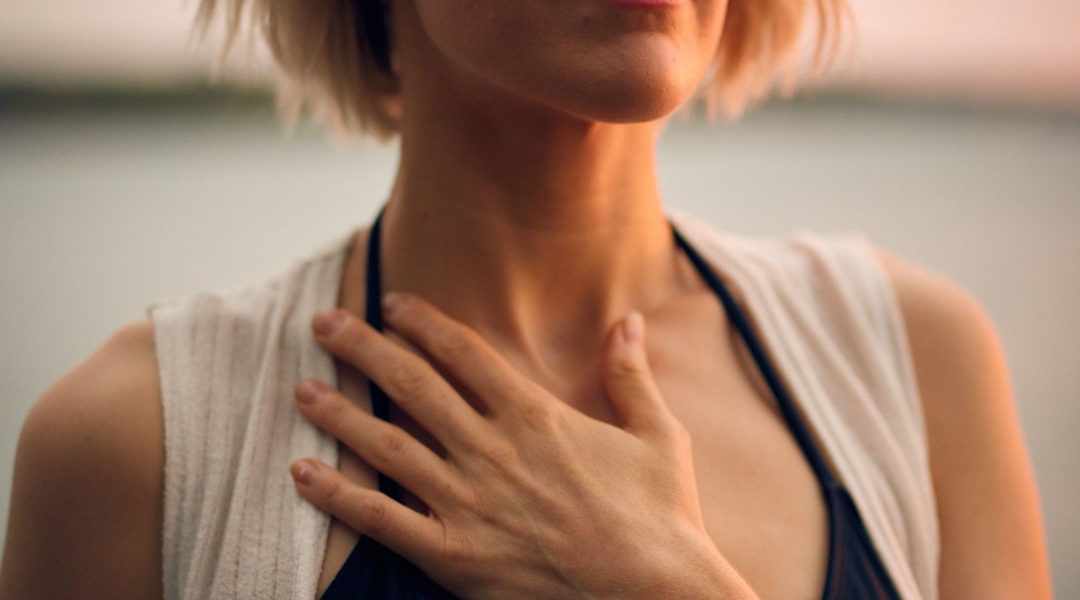The skin is a major protective resource for the body along with hair and nails. The skin plays a vital role in preventing germs from getting into the body and causing damage to internal organs. The skin helps maintain the immune system while helping support the life of many body parts. The sweat glands help the skin regulate body temperature by giving off perspiration when the body becomes overheated. The body cools as the moisture is evaporated. The skin and nervous system work together to alert the body of impending danger by detecting heat, cold, pain, and pressure. Vitamin D, which is an essential vitamin for healthy skin, is manufactured when the skin is exposed to the ultra violet rays of the sun.
Layers of the skin
As the largest organ of the body, the skin consists of three layers of tissue, which are the epidermis, or outer layer, which contains the melanin that gives the skin its color. The dermis, or middle layer, contains the sweat and oil glands, blood vessels and hair follicles, and is 90% of the skin’s thickness. The subcutaneous, or deepest layer of skin contains the fatty tissue, blood vessels, and nerves. The fat serves as insulation for the body, and protects it from extreme heat and cold while also providing a cushion that protects the body from being injured.
Things that cause damage to the skin
The skin is affected by alcohol. One of the signs of excessive alcohol drinking is the redness of the cheeks. Chronic drinking can also damage the blood vessels. When this happens, the palms of the hands and soles of the feet will also become reddened. Tattoos and piercings are other factors that can cause damage to the skin. Infections occur when proper health procedures are not followed. This includes good hand washing practice, wearing gloves, using a new sterile needle, and disinfecting all surfaces. Piercings on the body, depending on where the jewelry is worn, can cause issues with speech, eating, and hearing, along with other body functions.
Maintaining good and healthy skin
Although exercise is great for weight maintenance, it also helps the skin maintain a smooth appearance. But be aware that some exercises can cause damage to the skin. Stretch marks can be produced by exercises designed to increase the size of muscles. Breaks will form in the connective tissue of the dermis. Stretch marks will also grow if a person loses weight too fast. Good hygiene is vital for healthy skin. A healthy hygiene routine should be established and maintained on a daily basis.


Recent Comments